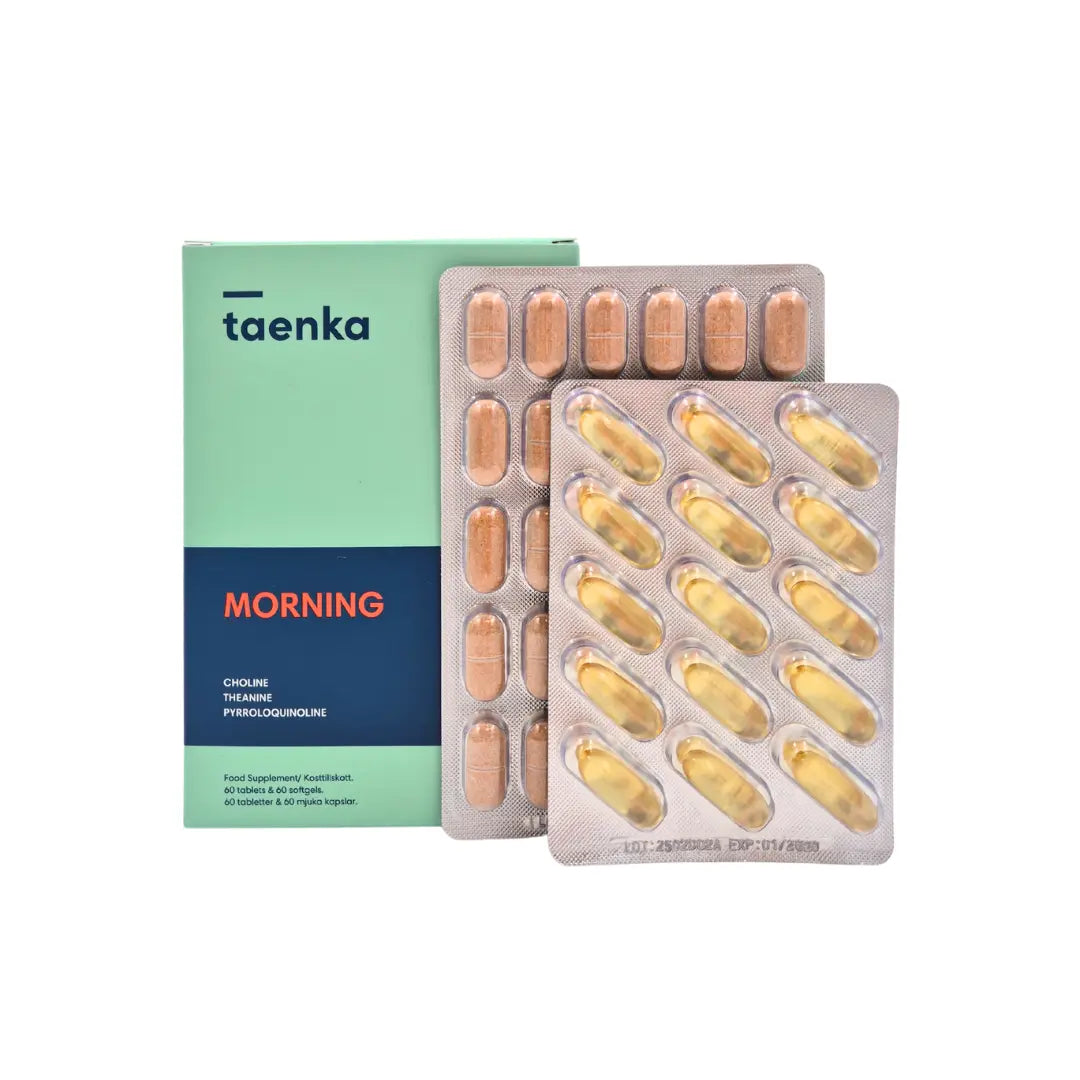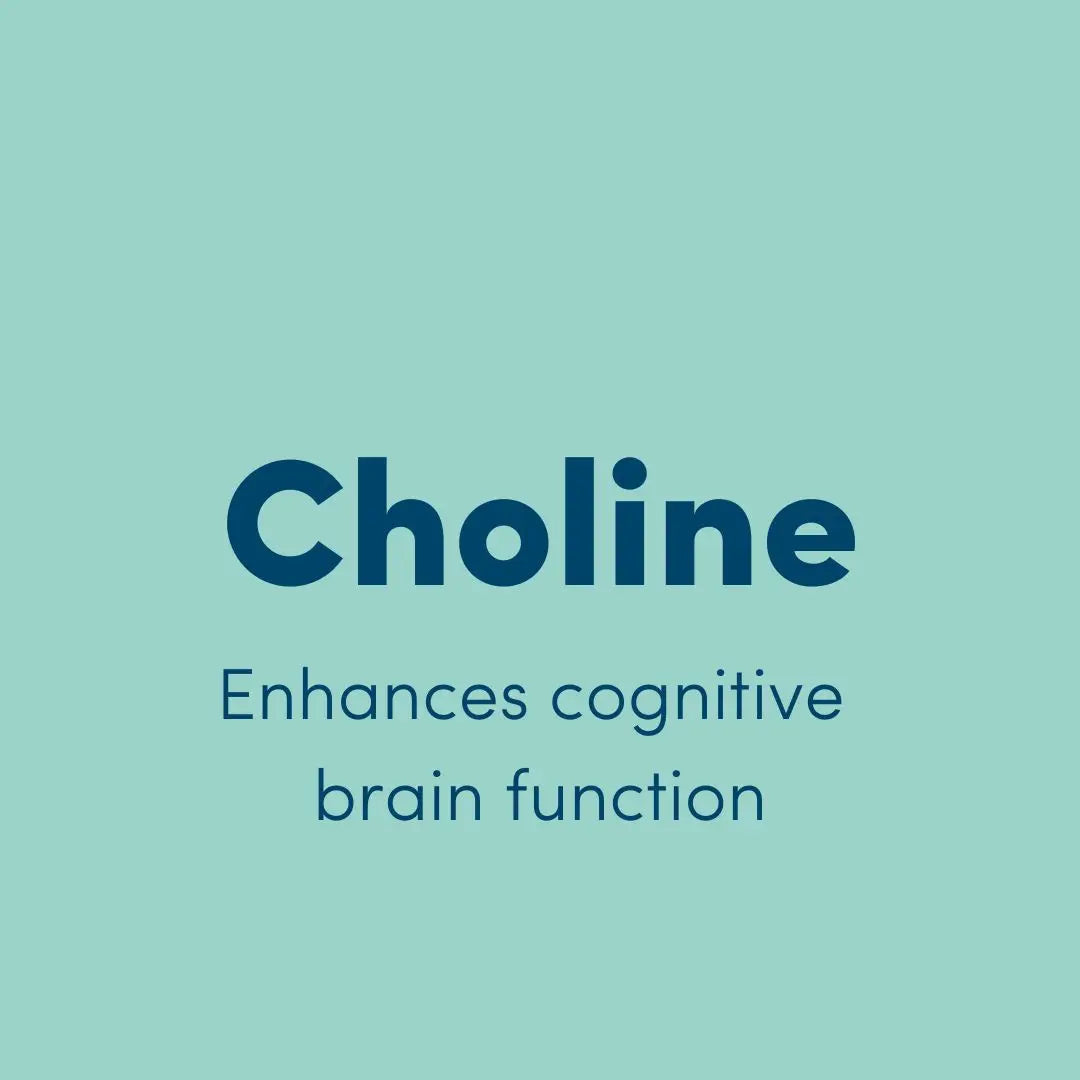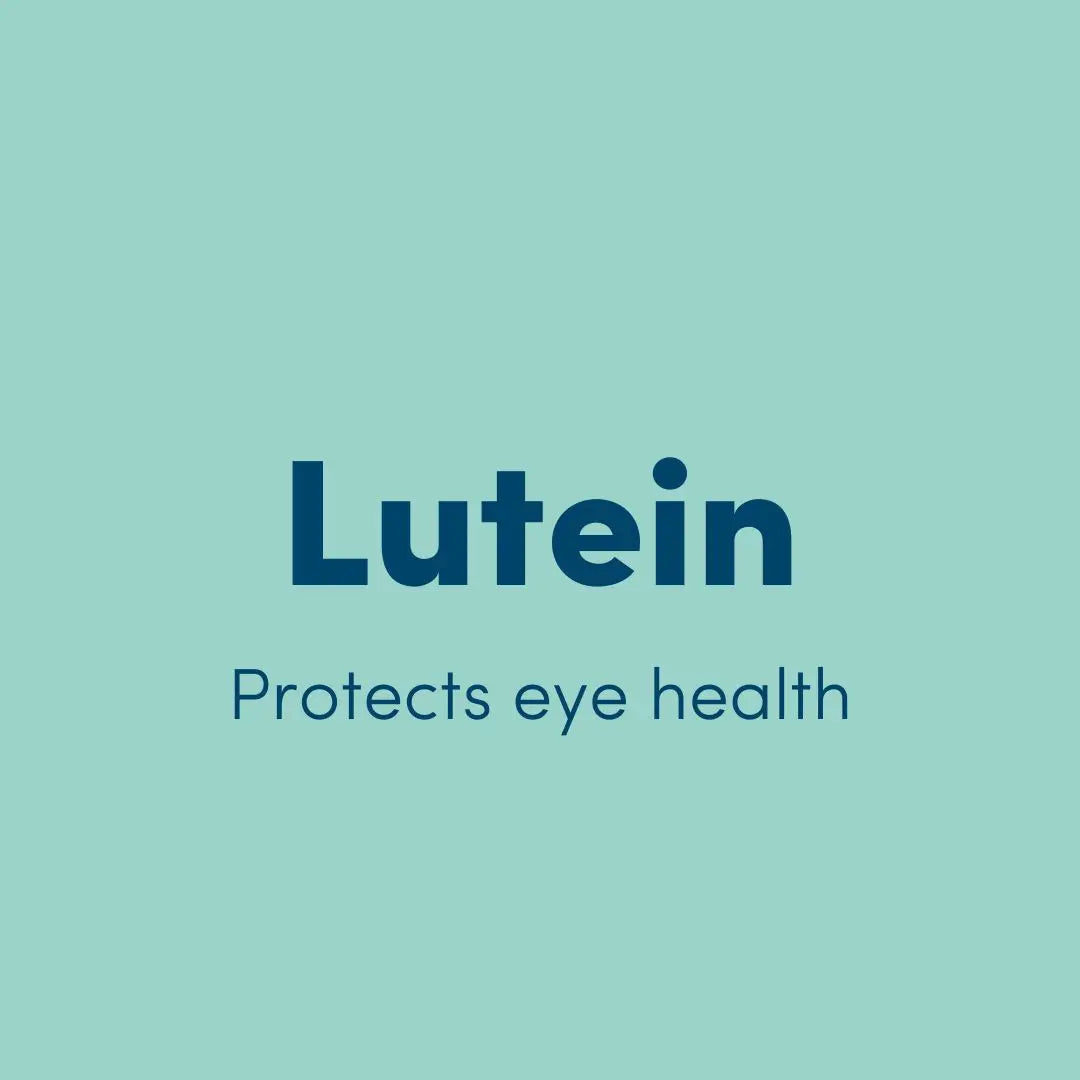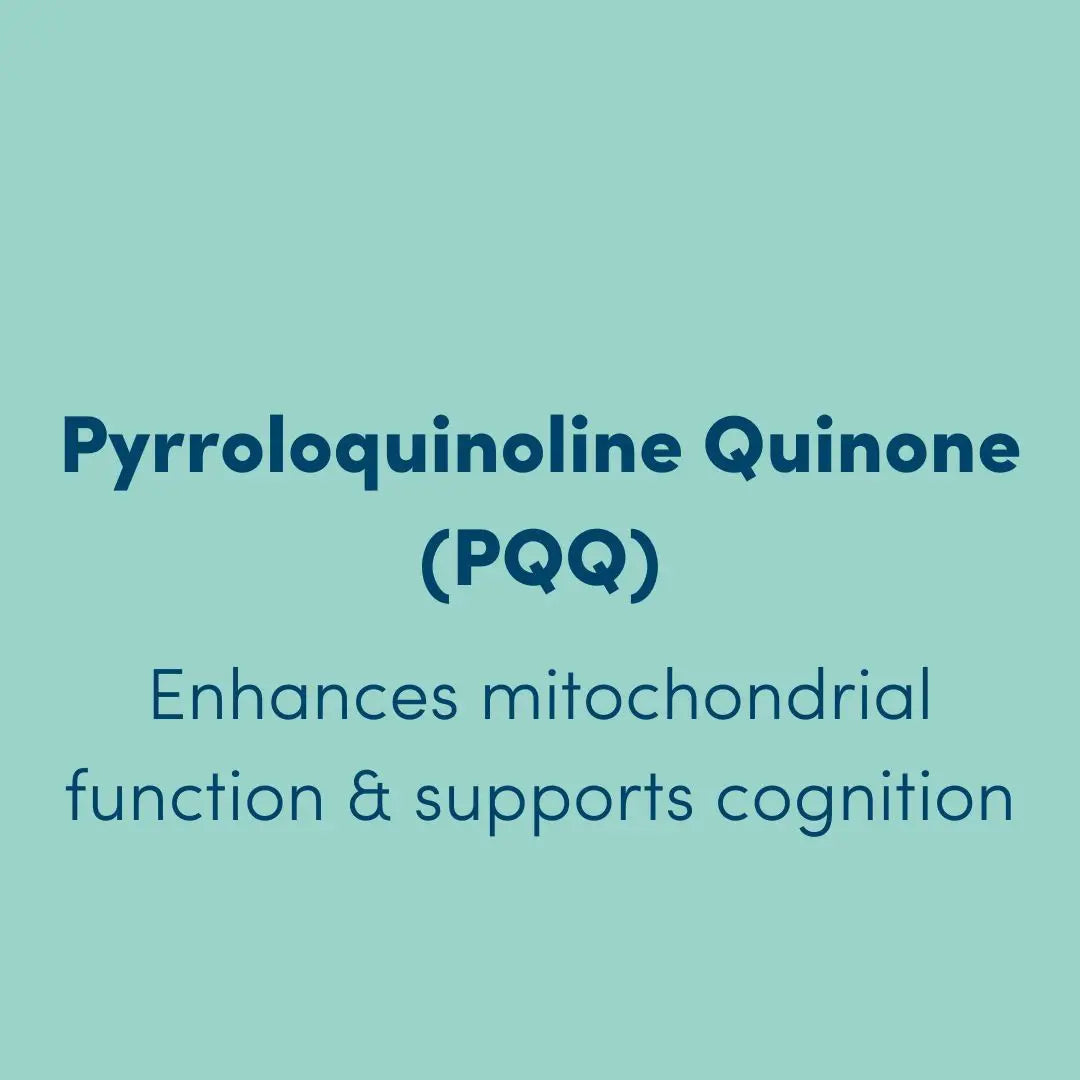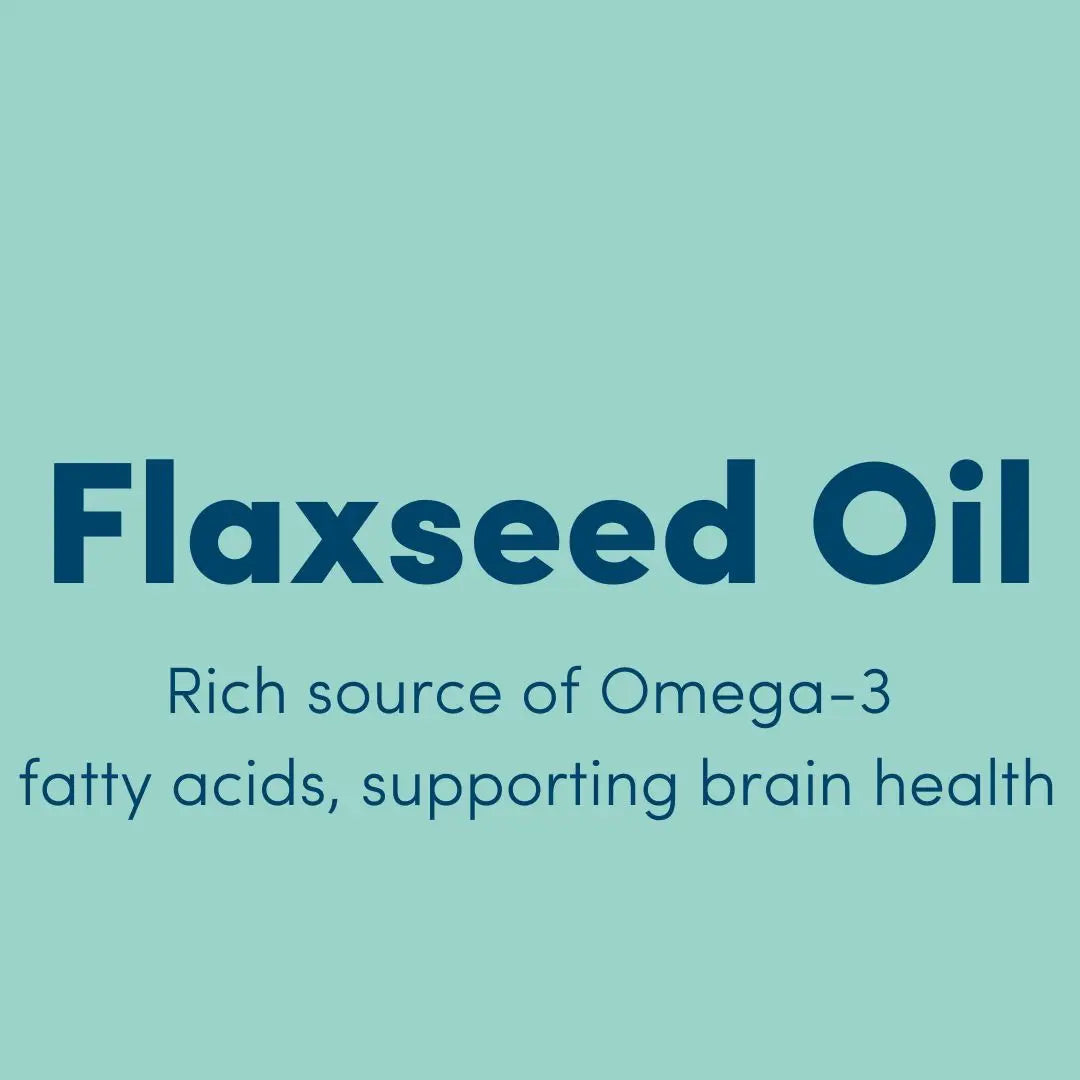
This is your complete guide to recognizing the signs of choline deficiency—and what you can do to restore healthy levels for optimal brain and body performance.
Choline is an essential nutrient that plays a critical role in brain function, memory, muscle control, and cellular health. Your body can produce small amounts of choline on its own, but most of it needs to come from your diet or supplements.
When you’re not getting enough choline, the effects might be subtle at first—but over time, low choline levels can impact both mental performance and physical health.
Here are six common signs of choline deficiency to watch for:
1. Memory Problems
If you find yourself forgetting names, misplacing items, or struggling to recall information, choline deficiency might be the culprit. Choline is a building block for acetylcholine, the neurotransmitter that supports memory and learning. Without enough, your brain’s recall ability can decline.
2. Brain Fog and Mental Fatigue
That sluggish, “cloudy” feeling? Low choline levels may disrupt communication between brain cells, making it harder to think clearly, process information, and stay mentally sharp.
3. Difficulty Concentrating
Trouble focusing on work, reading, or conversations can be linked to low choline intake. Since choline supports attention and alertness, a deficiency can leave your mind wandering or feeling easily distracted.
4. Mood Changes or Irritability
Because choline affects neurotransmitter balance, a lack of it can influence mood regulation. This might show up as mood swings, irritability, anxiety-like symptoms, or feeling “off” emotionally.
5. Muscle Fatigue or Weakness
Choline isn’t just for the brain—it’s also involved in muscle control and coordination. Without enough, you might experience muscle cramps, weakness, or overall physical fatigue.
6. Sleep Disruption
Poor sleep quality, trouble falling asleep, or waking frequently at night can be linked to low choline. This is because choline supports the nervous system and neurotransmitters that influence sleep cycles.
How to Support Healthy Choline Levels
If you’re noticing these signs, your body (and brain) may be signaling it needs more choline. Rich food sources include eggs, salmon, beef liver, chicken, and soybeans. However, diet alone isn’t always enough—especially if you have higher demands due to stress, pregnancy, or intense mental activity.
That’s why taenka delivers high-quality, brain-targeted choline along with other nootropics to help restore clarity, focus, memory, and overall cognitive health.
